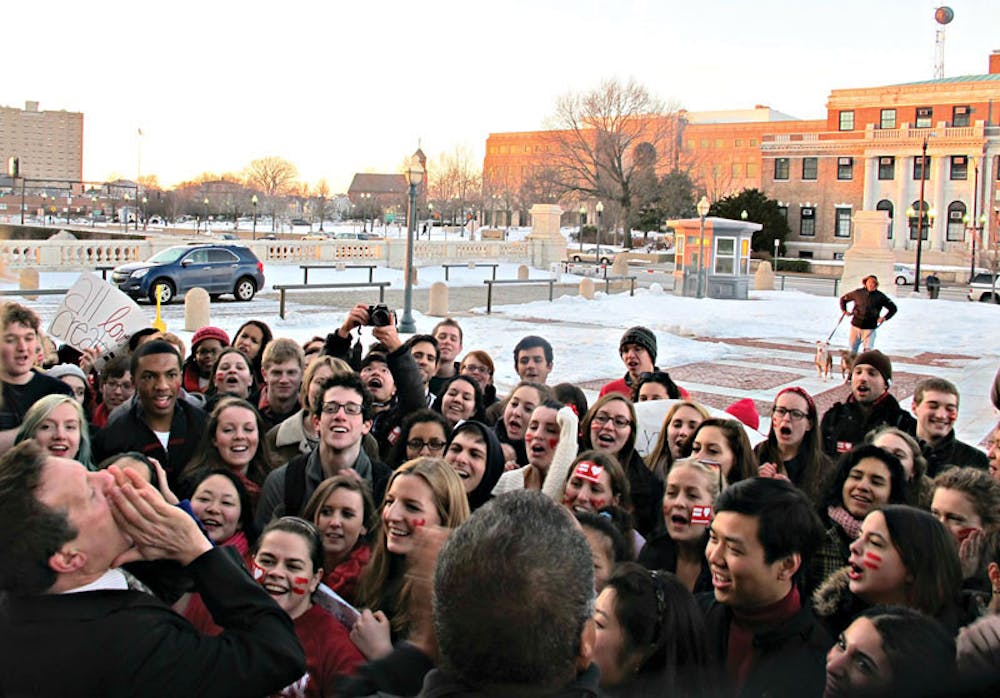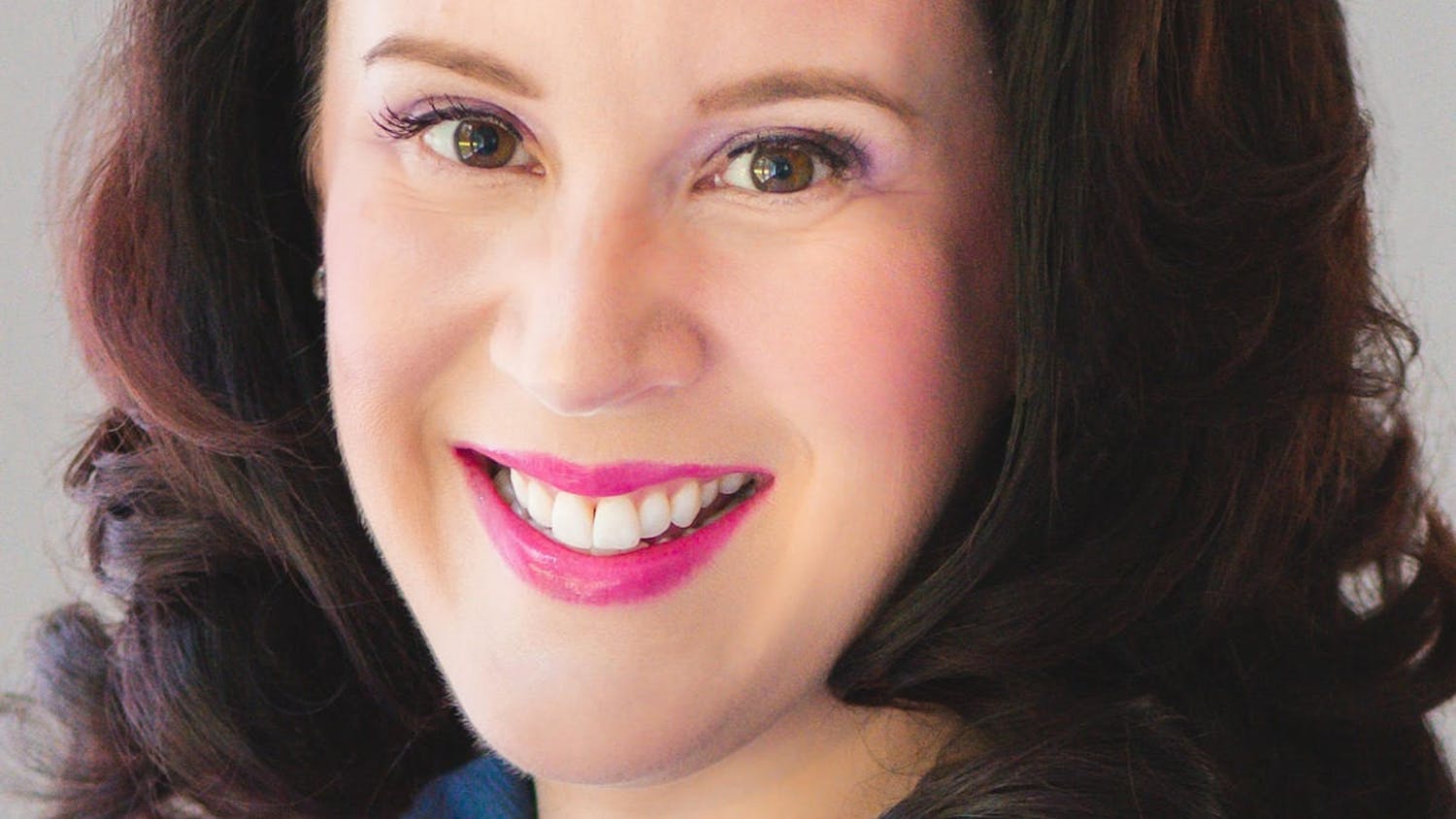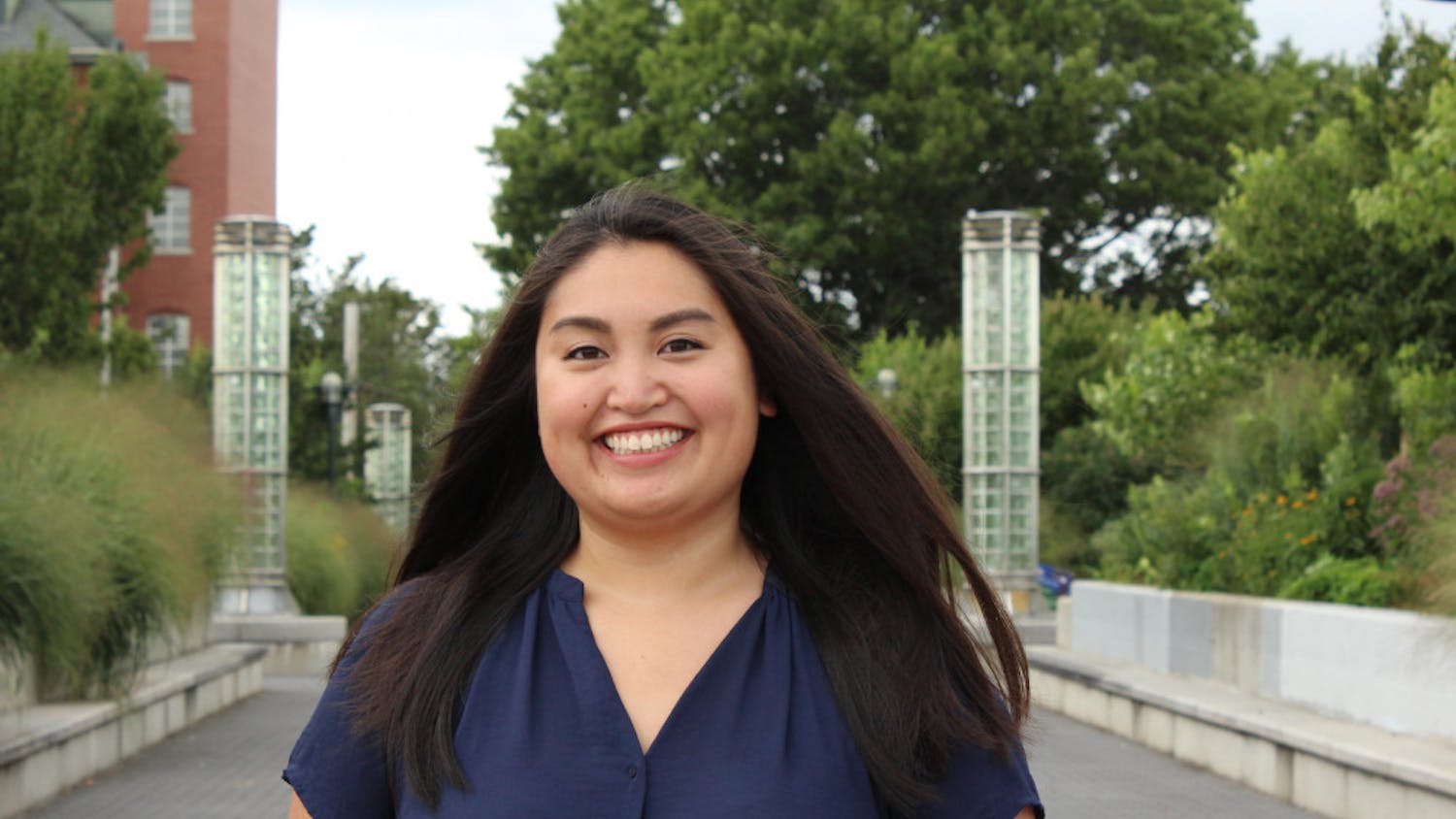A signature from Gov. Lincoln Chafee ’75 P’14 May 2 concluded a 16-year-long journey to legalize same-sex marriage in Rhode Island.
Just nine years after a landmark Massachusetts Supreme Court case allowed gay couples in that state to marry, Rhode Island became the final state in New England — and the 10th in the country — to approve same-sex marriage. After years of stagnation in the state legislature, the bill gained momentum this year as public opinion continued to turn in its favor, and Brown student groups ramped up their efforts to raise support for same-sex marriage.
Gay couples can legally marry starting Aug. 1.
Decades-long history
Until 2013, legislation to legalize same-sex marriage had never made it to the floor of either chamber of the state legislature.
Former Rep. Mike Pisaturo, D-Cranston, introduced the first House bill to legalize same-sex marriage in 1997, continuing to sponsor this legislation to no avail until 2000, when he lost his bid for reelection.
Rep. Arthur Handy, D-Cranston, introduced the House legislation every year thereafter, including this year’s successful bill. The only time a same-sex marriage bill received a vote before this year was in the House Judiciary Committee, when former state congressman and current U.S. Rep. David Cicilline ’83, D-R.I., was the only member of the 10-person committee to vote in favor.
Retired Sen. Rhoda Perry P’91, D-Providence, introduced a Senate bill approving same-sex marriage every year from 2000 to 2013, when Sen. Donna Nesselbush ’84, D-Pawtucket, took up the cause.
The General Assembly passed legislation legalizing civil unions in 2011, but few couples took advantage of the new option, The Herald reported at the time. And organizations for same-sex marriage denounced civil unions as “separate and unequal,” said Ray Sullivan, campaign director for Marriage Equality Rhode Island.
It was tough to get a vote on same-sex marriage legislation during the tenure of former Gov. Donald Carcieri ’65 from 2003 to 2011 because he had vowed he would not sign the bill if it came to his desk, Handy said. Chafee’s election in 2011 marked the beginning of better prospects for same-sex marriage, he added.
In the 2012 election, voters selected an additional 10 representatives and five senators who were openly in favor of same-sex marriage, improving the likelihood of passage.
Though state Senate President Teresa M. Paiva Weed, D-Jamestown and Newport, opposes same-sex marriage, she permitted the legislation to pass by allowing a floor vote in the Senate.
Changing public attitudes on same-sex marriage and an outpouring of support from constituents also influenced many legislators’ votes. At the Senate floor vote, many previously undecided senators said the personal stories they heard from same-sex couples weighed heavily on their decisions to ultimately support the bill.
The legislation sailed through the House Jan. 24 by a 51–19 margin. The Senate was considered a harder battle, with supporters and opponents split almost evenly and many senators still undecided. Ultimately, all five Republican senators and many other undecided senators said they would vote in favor of the bill, paving the way for its 26–12 passage April 24. After a swift procedural vote in the House Judiciary Committee and on the House floor to vote to address amendments to the original bill added by the Senate, the legislation landed on Chafee’s desk.
At the Senate floor vote on same-sex marriage, Nesselbush thanked previous generations of same-sex marriage supporters for their years of dedication.
“As a Brown graduate, it’s meaningful to me to be in the forefront leading a charge that will advance civil rights,” Nesselbush told The Herald.
Faith-based opposition
A handful of state legislators consistently introduced legislation over the past decade to make same-sex marriage illegal and define marriage in the state as “one man and one woman.”
Sen. Frank Ciccone, D-Providence, a same-sex marriage opponent, introduced a 2013 compromise bill that would have placed the question of legalization on the 2014 ballot. But many activists for same-sex marriage said that voters should not be able to decide on the civil rights of a minority. The bill never made it out of the Senate Judiciary Committee.
As debate surrounding the legislation heated up, same-sex marriage continued to face opposition from members of the Faith Alliance, an umbrella organization of faith-based organizations that opposed the bill. In the predominantly Catholic state, much of the opposition was religious.
Opponents of the legislation, including the Roman Catholic Diocese of Providence and the Rhode Island branch of the National Organization for Marriage, often cited the will of God and traditional family norms as reasons against allowing same-sex marriage.
Luis Rodriguez, chairman of the Faith Alliance, told The Herald in January that same-sex marriage in Massachusetts has negatively affected “our beliefs, for churches, for education and what things are being taught to the kids.” He said he believes that marriage is defined by God and should be limited to one man and one woman.
The Diocese of Providence issued a press release the day after the legislation passed asking Catholics to view same-sex marriage critically.
“Catholics should examine their consciences very carefully before deciding whether or not to endorse same-sex relationships or attend same-sex ceremonies, realizing that to do so might harm their relationship with God and cause significant scandal to others,” said Bishop Thomas Tobin in the press release.
Many other religious organizations and groups — including the Rhode Island Episcopal Church and the Board of Rabbis of Greater Rhode Island — publicly declared their support for same-sex marriage.
Student activism
Student activism for same-sex marriage has included phone-banking, canvassing, raising awareness on campus and a Valentine’s Day march to the State House, said Sofia Fernandez Gold ’14, former president of the Brown Democrats.
The Brown Democrats have spent three years working toward same-sex marriage legalization and made the cause their top priority this semester, she said.
With public support for the legislation rising steadily in Rhode Island, it was important to connect Rhode Islanders with their legislators through phone-banking, Fernandez Gold said. The Brown Queer Alliance — which generally supports same-sex marriage but is not “an explicitly political group” — collaborated with the Brown Democrats to organize and publicize the phone-banks, said Irene Rojas-Carroll ’15, former co-chair of the Queer Alliance.
During months of phone-banking, students talked to more than 4,600 people “and mobilized nearly 1,900 supporters” to encourage them to call their senators and representatives to voice their support for same-sex marriage, Fernandez Gold said.
“Making those voices heard is how we won this time around,” she added.
Ashleigh McEvoy ’15, a former Herald copy editor, interned at Marriage Equality Rhode Island and worked with the phone-banks, writing letters to senators, organizing community involvement and writing letters to be published in local newspapers, she said.
Many senators targeted by callers ended up changing their minds in favor of same-sex marriage, she said.
About 40 students were consistently involved in phone-banking efforts at Brown. Since Brown has such a large percentage of students who support same-sex marriage, McEvoy said she thought more people would have turned out to events. “Everyone is there in spirit,” she added.
About 200 Brown and Rhode Island School of Design students took part in the Valentine’s Day march to the State House, co-hosted by the Brown Democrats and Brown Queer Alliance.
“We’re incredibly proud that we were a part of such a momentous event in Rhode Island history,” Fernandez Gold said.
Ongoing efforts
Same-sex marriage was up for consideration in at least six states this year. Delaware granted same-sex couples the right to marry May 7, and Minnesota approved same-sex marriage a week later, on May 14. A same-sex marriage bill also has a good chance of passing in Illinois.
The U.S. Supreme Court is slated to issue a verdict on two important cases in June, which could decide the future of same-sex marriage for the entire country.
But supporters of gay rights said marriage should not be considered the only objective.
“Same-sex marriage is important, and I’m so happy that we’re able to work together with campus organizations to make it happen,” Rojas-Carroll said, “but it’s not the be-all end-all.”
Supporters said they hoped the activism behind same-sex marriage could be used to confront other issues affecting queer and transgendered individuals, such as homelessness and employment discrimination. The issues are “really a matter of life and death for some people,” Rojas-Carroll said.
Marriage is a right that is “very accessible for a lot of people, so that could open up pathways for acceptance,” McEvoy said.

ADVERTISEMENT




